OSAKA — Clinical trials of the world’s first “tooth regrowth medicine” are set to commence in September at Kyoto University Hospital, researchers ann



Advanced carbon fiber materials could be used in applications from wind turbine blades to biomedical implants following the development of a low-cost carbon fiber feedstock.
The carbon fibers were spun from synergistic blends of the low-value heavy oils left over from crude oil refining by members of KAUST’s Clean Energy Research Platform. The work could not only facilitate broader carbon fiber uptake but also create sustainable new uses for residual oils as the world transitions to alternative energy systems.
“Crude oil is a resource with immense potential beyond fuels,” says Edwin Guevara Romero, a researcher in the labs of Mani Sarathy, who led the work. “Using oil residues as feedstocks for carbon materials is an innovative, high-value application of oil-derived resources, paving the way for economic diversification,” he says.
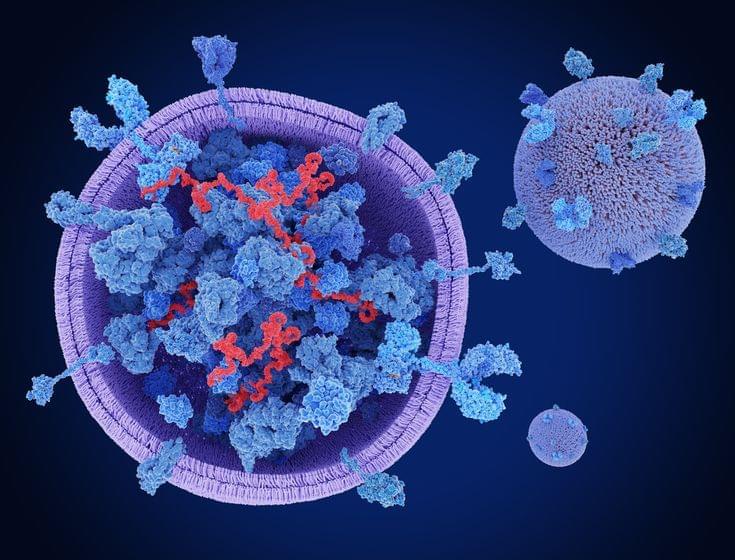
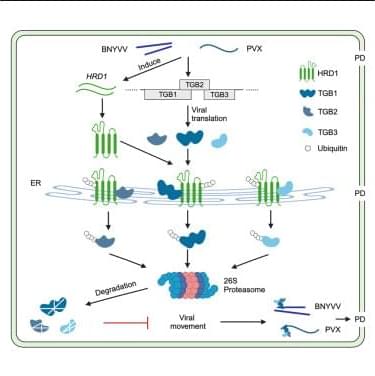
(K) A proposed model illustrating how the E3 ligase NbHRD1 negatively regulates viral infection in plants. Plant viruses with a TGB, BNYVV and PVX, as models, infect N. benthamiana plants, inducing the expression of NbHRD1 interacts with TGB movement proteins of BNYVV and PVX in the ER membrane. NbHRD1 triggers the ubiquitination and 26S proteasome-mediated degradation of TGB proteins, thereby suppressing viral movement to inhibit virus infection.
In (D), (G), and (J), EF1α served as an internal reference. The GFP gene was used as the indicator of viral RNA accumulation. Values are means ± SDs of three independent repeats. ∗∗p < 0.01; ∗∗∗p < 0.001; ∗∗∗∗p < 0.0001; ns, not significant (Student’s t test).
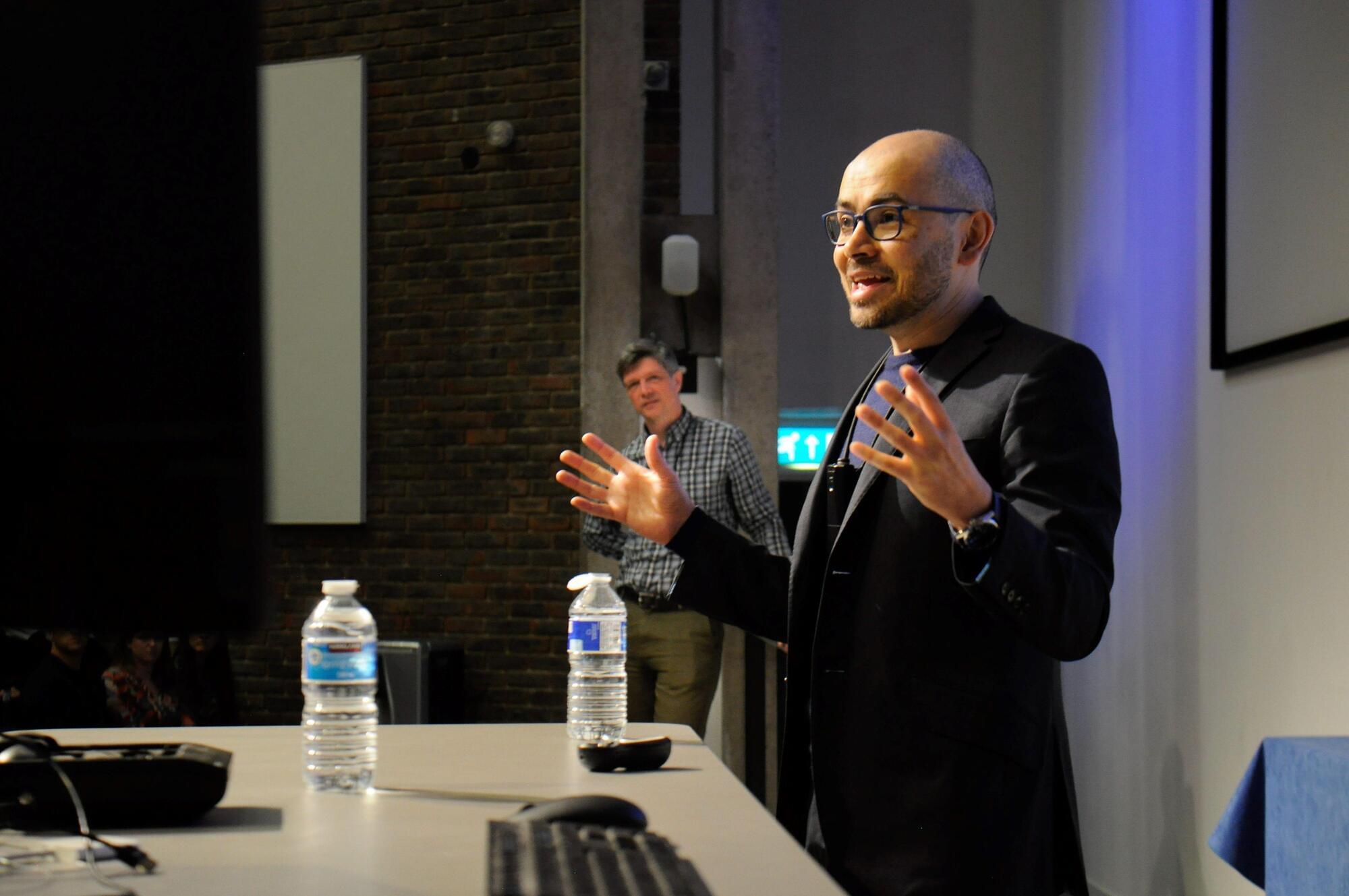
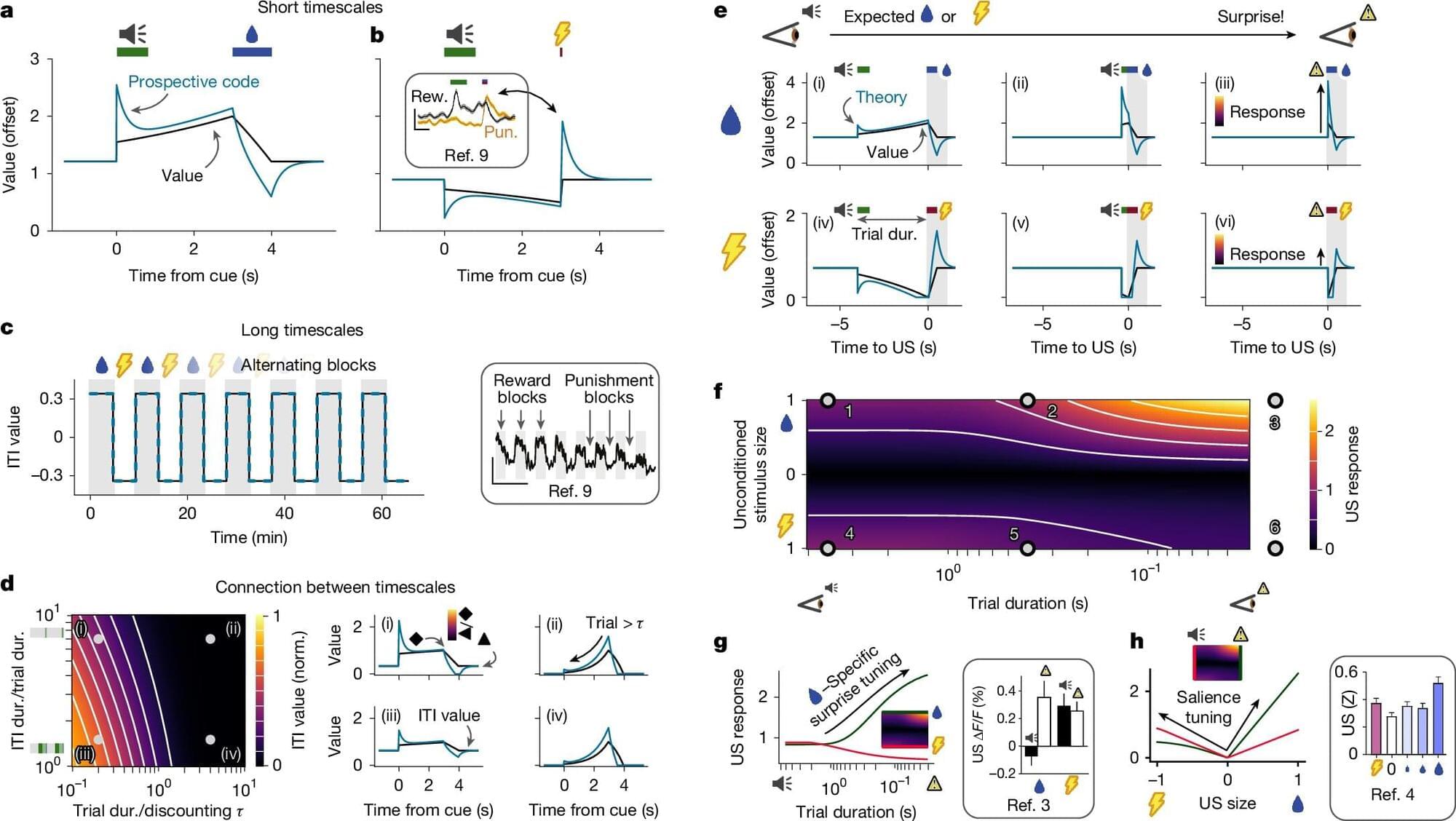
In our day-to-day lives, we’re constantly making a slew of decisions, from immediate matters to prospects on the far horizon. But the evolutionary nuts-and-bolts of how our brains weigh these numerous daily decisions and what role is played by the neurotransmitter serotonin has been shrouded in mystery.
Now, a new study led by an interdisciplinary University of Faculty of Medicine team delivers fascinating findings that potentially unravel a hidden aspect of what our nervous system’s extraordinarily complex serotonin system is really doing inside our skulls.
Published in the journal Nature, this study from a highly impactful international collaboration offers “broad implications across neuroscience, psychology, and psychiatry, enhancing our understanding of serotonin’s role in mood regulation, learning, and motivated behavior.”
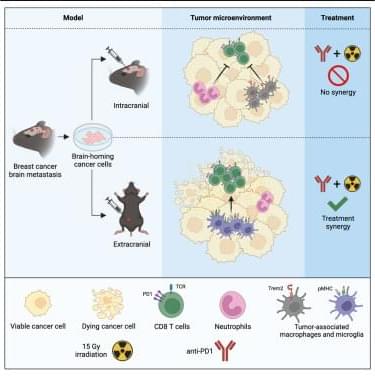
Wischnewski et al. demonstrate suppressed CD8+ T cell cytotoxicity in breast cancer brain metastases, contrasting with genetically identical extracranial tumors. Neutrophils and Trem2+ macrophages drive this suppression, limiting the efficacy of combined irradiation and anti-PD1 therapy, highlighting potential therapeutic targets for brain metastases.
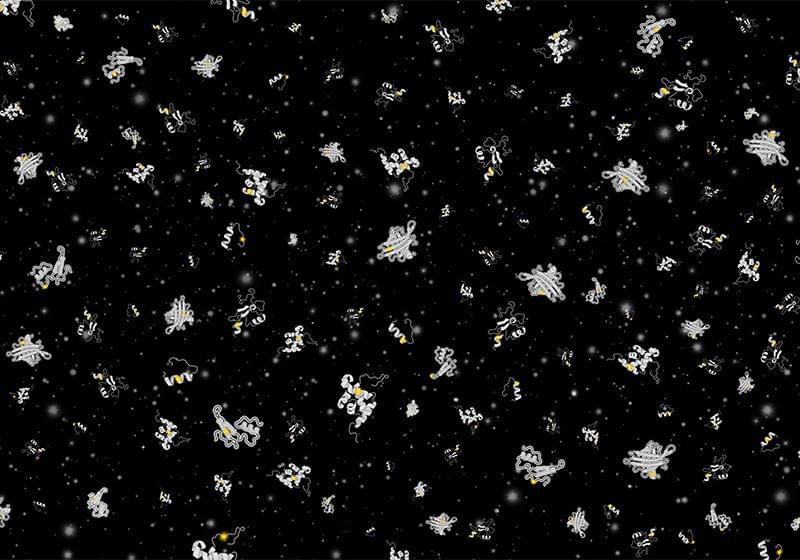
Dr. Martin Brenner, DVM, Ph.D. is Chief Executive Officer and Chief Scientific Officer of iBio ( https://ibioinc.com/team/martin-brenner-dvm-ph-d/ ), a biote…

New research from The University of Manchester may reshape our understanding of what happens to the immune system when we fast. The study on mice shows that the brain’s hypothalamus controls how the immune system adapts during fasting, through a handful of highly specialized neurons responsible for making animals hungry.
Published in Science Immunology, the study shows the brain’s perception of hunger or fullness, rather than actual eating or caloric restriction, is enough to drive changes in the body’s immune cells.
The findings cast doubt on the current view that a lack of nutrients alone controls how the immune system responds to fasting, indicating the brain has a critical role, beyond the simple absence of food.